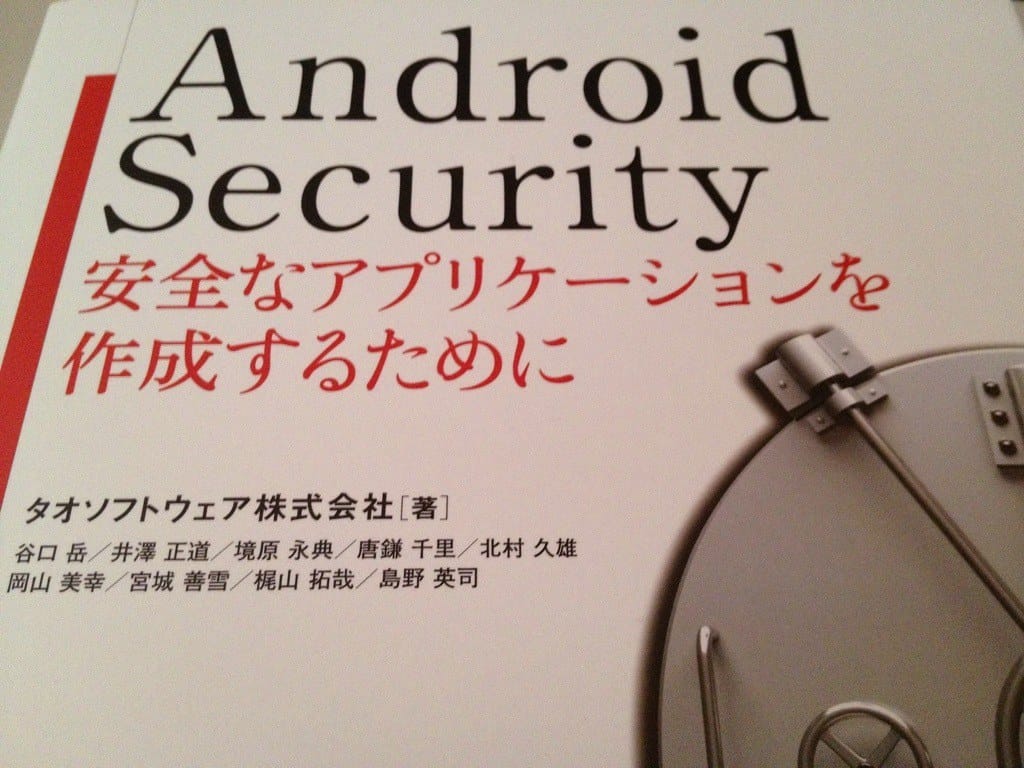Former Go Lead Russ Cox Sounds Urgent Call for Secure Software Supply Chains
The software industry is facing a critical security crisis that threatens the foundation of digital infrastructure worldwide. Russ Cox, former lead of Google's Go programming language and now a prominent voice in software security, has issued an urgent warning about the vulnerabilities plaguing modern software supply chains. His call comes at a time when cyberattacks targeting software dependencies have reached unprecedented levels, putting everything from critical infrastructure to everyday applications at risk.
The Growing Threat Landscape
Software supply chain attacks have evolved from rare, sophisticated operations to common attack vectors that can devastate organizations overnight. Unlike traditional cyberattacks that target end systems directly, these attacks compromise the software development and distribution process itself, allowing malicious actors to inject harmful code into trusted software components.
Recent high-profile incidents have demonstrated the catastrophic potential of these attacks. The SolarWinds breach affected over 18,000 organizations, while the Log4j vulnerability exposed millions of applications worldwide. According to the 2023 State of the Software Supply Chain Report, supply chain attacks increased by 742% between 2019 and 2022, with the average attack now affecting 22% more downstream projects than previous years.
Cox's Vision for Supply Chain Security
Drawing from his extensive experience leading one of the world's most widely-used programming languages, Cox emphasizes that securing the software supply chain requires fundamental changes to how the industry approaches software development and distribution. His recommendations center on three critical areas: transparency, verification, and automated security measures.
Transparency Through Software Bills of Materials
Cox advocates for mandatory Software Bills of Materials (SBOMs) – comprehensive inventories that detail every component used in software applications. Just as food products must list ingredients, software should provide complete visibility into its dependencies and their origins. This transparency enables organizations to quickly identify and respond to vulnerabilities in third-party components.
The Biden administration's Executive Order on Cybersecurity has already begun requiring SBOMs for federal software purchases, setting a precedent that Cox believes should extend across all sectors. Companies like Microsoft and Google have started publishing SBOMs for their products, demonstrating the feasibility of widespread adoption.
Cryptographic Verification and Signing
Central to Cox's security framework is the implementation of robust cryptographic signing for all software artifacts. This approach ensures that code hasn't been tampered with during the development and distribution process. The industry has already seen promising developments in this area, with initiatives like Sigstore providing free code signing infrastructure and the Software Package Data Exchange (SPDX) standardizing security metadata formats.
Cox points to the success of package managers like Go's own module system, which implements cryptographic verification by default. This approach has significantly reduced supply chain vulnerabilities in the Go ecosystem compared to package managers that rely solely on trust relationships.
Industry Response and Implementation Challenges
While Cox's recommendations have gained traction among security professionals, implementation faces significant challenges. Legacy systems, cost concerns, and the complexity of modern software dependencies create barriers to adoption. However, several major technology companies have begun investing heavily in supply chain security initiatives.
GitHub's acquisition of npm and subsequent security improvements, along with investments in dependency scanning tools, demonstrate industry commitment to addressing these issues. Similarly, cloud providers are offering integrated security scanning and SBOM generation services, reducing the burden on individual development teams.
The Path Forward
Cox's urgency stems from the recognition that software supply chain security isn't just a technical problem – it's an existential threat to digital society. As software becomes increasingly integral to critical infrastructure, healthcare systems, and financial services, the potential impact of supply chain compromises grows exponentially.
The solution requires coordinated action across the industry, from individual developers adopting secure coding practices to organizations implementing comprehensive supply chain risk management programs. Government regulation and industry standards will likely play crucial roles in driving widespread adoption of security measures.
Key Takeaways
The software industry stands at a crossroads where proactive security measures can prevent catastrophic breaches or reactive responses will leave organizations perpetually vulnerable. Russ Cox's call for secure software supply chains reflects urgent necessity rather than optional best practice.
Organizations must begin implementing SBOM generation, cryptographic verification, and comprehensive dependency management immediately. The cost of prevention pales in comparison to the potential damage from successful supply chain attacks. As Cox emphasizes, the time for half-measures has passed – the industry needs comprehensive, systematic approaches to supply chain security that match the sophistication of modern threats.
The question isn't whether supply chain attacks will continue to evolve, but whether the industry will implement adequate defenses before the next major breach occurs.

